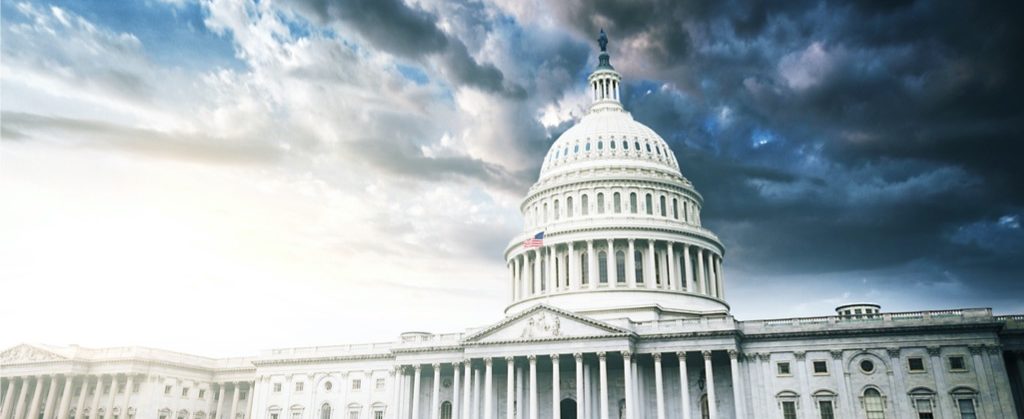
Withdrawing a Guilty Plea
It is never easy to plead guilty. As the cliché goes, if you plead guilty, there is a 100% chance that you will be found guilty. Nobody likes to stand up in open court and admit to a list of terrible actions recited by the prosecutor. And the greatest expressions of regret I hear from defendants are often based on their decision to plead guilty in an earlier case. Yes, I pled to that, a defendant will say upon a review of his criminal history. I don’t know why I allowed my lawyer to talk me into it.
Not surprisingly, second thoughts are not uncommon, and some defendants who have entered a guilty plea will later change their mind and seek to withdraw it. While this is certainly possible to do, the timing of the attempted withdrawal is critical: It is much easier to withdraw the plea before sentencing.
The court conducts a lengthy colloquy with the defendant as part of the plea process. Do you read and write English? How far did you go in school? Are you under the influence of any drugs, alcohol or medication that could affect your ability to understand what you are doing today? Has anyone pressured you or promised you something in exchange for this plea? Do you have anything to add to or change about the facts as the prosecutor has just read them? And so on, culminating with the final question: How do you wish to plead, guilty or not guilty?
While the primary purpose of the colloquy is to make sure that the defendant’s waiver of his constitutional right to trial is knowing, intelligent and voluntary, it also makes it more difficult to withdraw the plea later. As one judge put it: Were you not paying attention when I asked you all of those questions? Were you lying to me when you told me under oath that you had committed this offense?
According to Rule 11 of the D.C. Superior Court Criminal Rules, the only time a guilty plea can be withdrawn after imposition of sentence is to correct a “manifest injustice.” By contrast, the D.C. Court of Appeals has held that, in deciding whether or not to grant a defendant’s request to withdraw a guilty plea before the sentence has been imposed, the judge is to consider whether “if for any reason the granting of the privilege seems fair and just.” Bennett v. United States, 726 A.2d 156 (D.C. 1999). This is a fairly liberal standard.
The Court has also held that on “fair and just” motions, “leave to withdraw a guilty plea prior to sentencing should be freely allowed.” Gooding v. United States, 529 A.2d 301 (D.C. 1987). The three factors the court will look at in making its determination are: (1) whether the defendant has asserted his legal innocence, (2) the length of the delay between entry of the plea and the expression of the desire to withdraw it, and (3) whether the defendant has had the full benefit of competent counsel at all relevant times. Pierce v. United States, 705 A.2d 1086 (D.C. 1997).
So what leads a defendant to decide he wants to withdraw a guilty plea that, according to the record at least, was so freely and voluntarily entered into? Although there are many different reasons a defendant might have second thoughts about a plea, the two major causes, if I had to guess, would be (1) a breakdown in communications between lawyer and defendant, and/or (2) a lack of trust within the attorney-client relationship. And this is why, although I do not have the empirical evidence to back this up, I would imagine it happens far more frequently in court-appointed cases. It is not that public defenders and court-appointed lawyers do not work just as hard privately retained lawyers. It is that, consistent with the cliché that you don’t value what you don’t pay for, they do not enjoy the same degree of client confidence.
